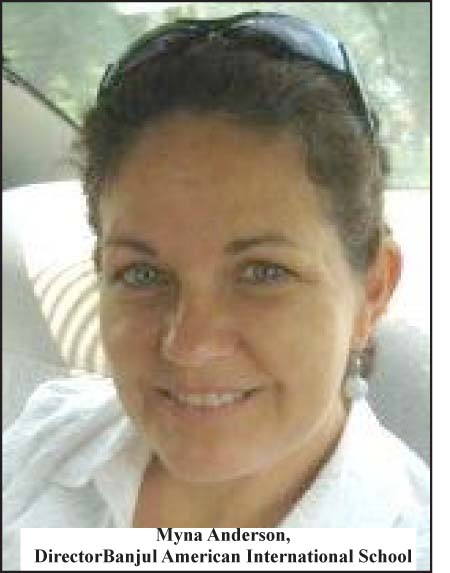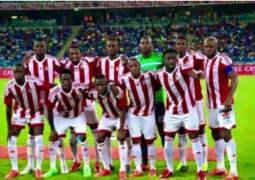
Banjul
American International School (BAIS) is opening a full U.S. High School Diploma
program in September 2020. This will be
the first school offering the U.S. High School option in The Gambia. An
information meeting will be held for all interested parents and students on
Tuesday, January 7th 2020 at 7 pm at the school campus in Fajara.
According
to BAIS Director, Myna Anderson, “The BAIS Board of Directors decided that
students in The Gambia deserve to have the option to earn an
internationally-recognized, U.S. High School Diploma, right here in Banjul.
They took the decision to build a full high school program following an
American credit system and further voted to offer this program of study at an
affordable rate.” Families paying out-of-pocket will pay a locally competitive
tuition rate: $5,500 tuition fee and $500 technology fee -- paying $2,000 USD
per term for a total of $6,000 total for the year. This offers an international
standard education at reduced cost.
The
U.S. High School program comprises grades 9, 10, 11 and 12, with students
normally graduating from high school at the completion of grade 12 to enter
university or other tertiary education programs. (Graphic below.) U.S. High
School students must pass both required and elective classes in order to earn
‘credits’. Graduation and the High
School Diploma are granted when the required number and type of credits are
earned. Students are typically 14 when entering high school and 18 years of age
at graduation.
BAIS,
formerly known as Banjul American Embassy School, has a long history in The
Gambia, serving the community with an international quality education for 35
years. It looks forward to developing
its first cohort of bright young students ready to learn collaboratively,
research independently and think critically in preparation for universities
around the world. The official school name was changed in 2016 to reflect the
international nature of the student body and units of study of the curriculum.
Ms.
Anderson highlighted the importance of such a program being developed in The
Gambia, noting that “the country will benefit since local and expatriate NGO,
diplomatic and business families will be able to stay in The Gambia and keep
their families together here when their children enter high school. Other
investors with school age children will have further incentive to will come to
The Gambia. As the BAIS high school program grows, we hope these families will
opt to invest in Banjul rather than Dakar.”




